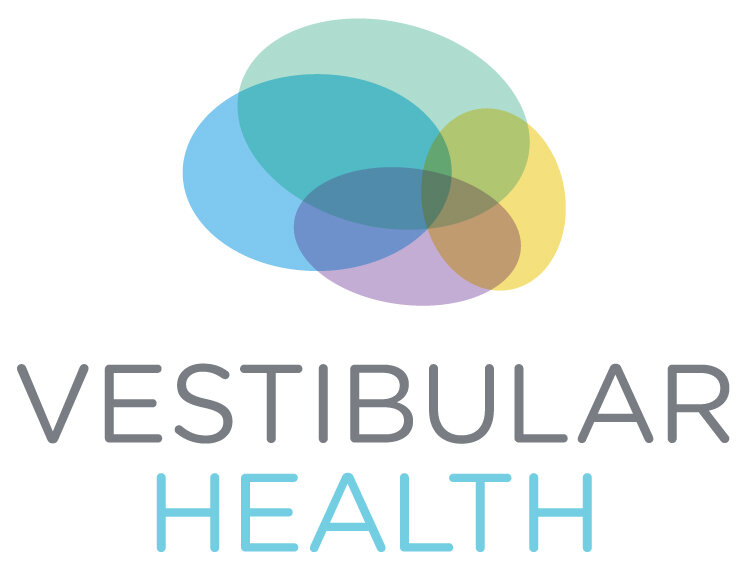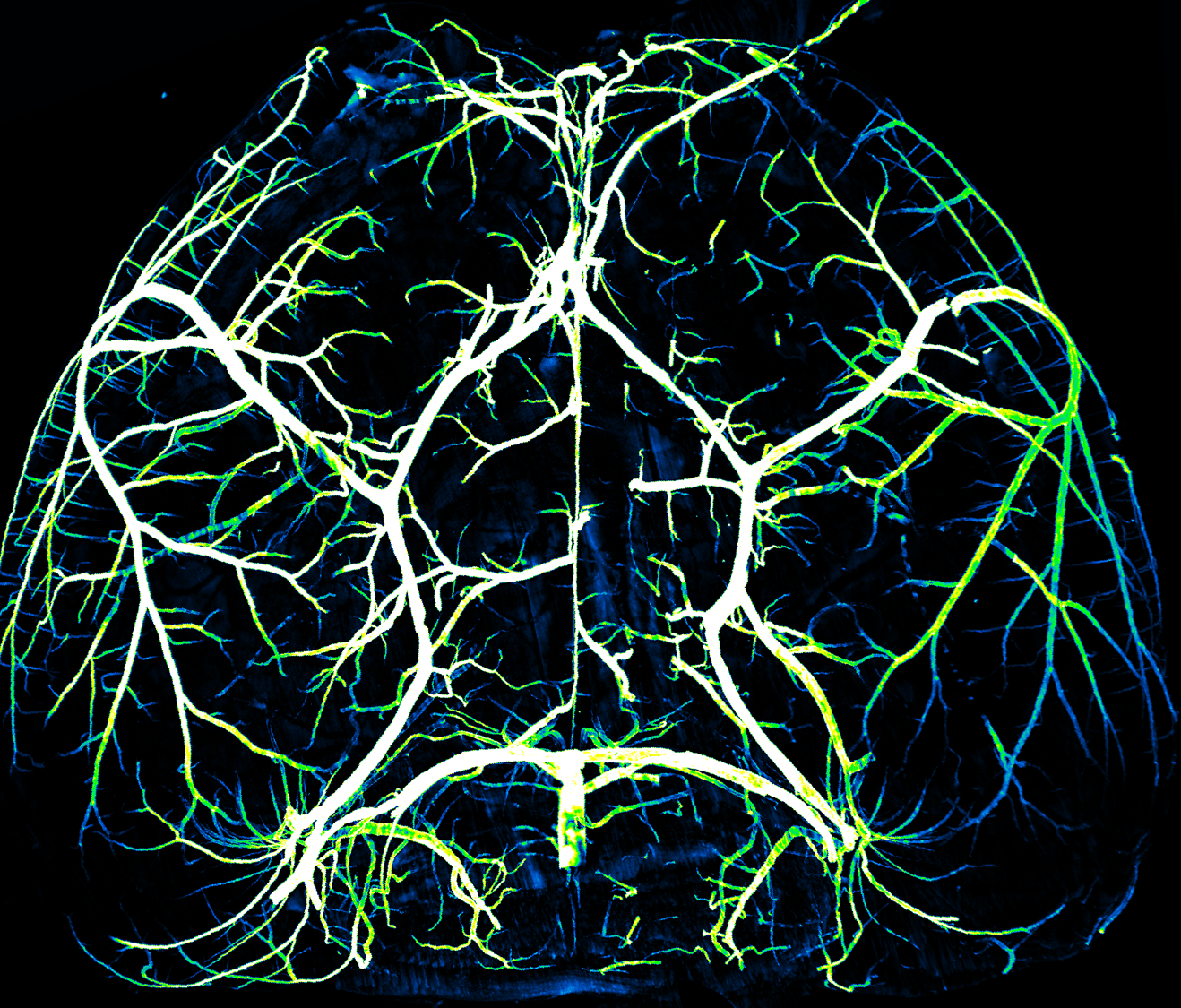
Vertigo, dizziness, imbalance & vestibular rehab after stroke
Dizziness, vertigo, and balance problems are common symptoms after cerebellar stroke. Watch Elizabeth Crawford’s presentation for the Central South Regional Stroke Network on the role of vestibular physiotherapy in rehabilitation after posterior circulation stroke.
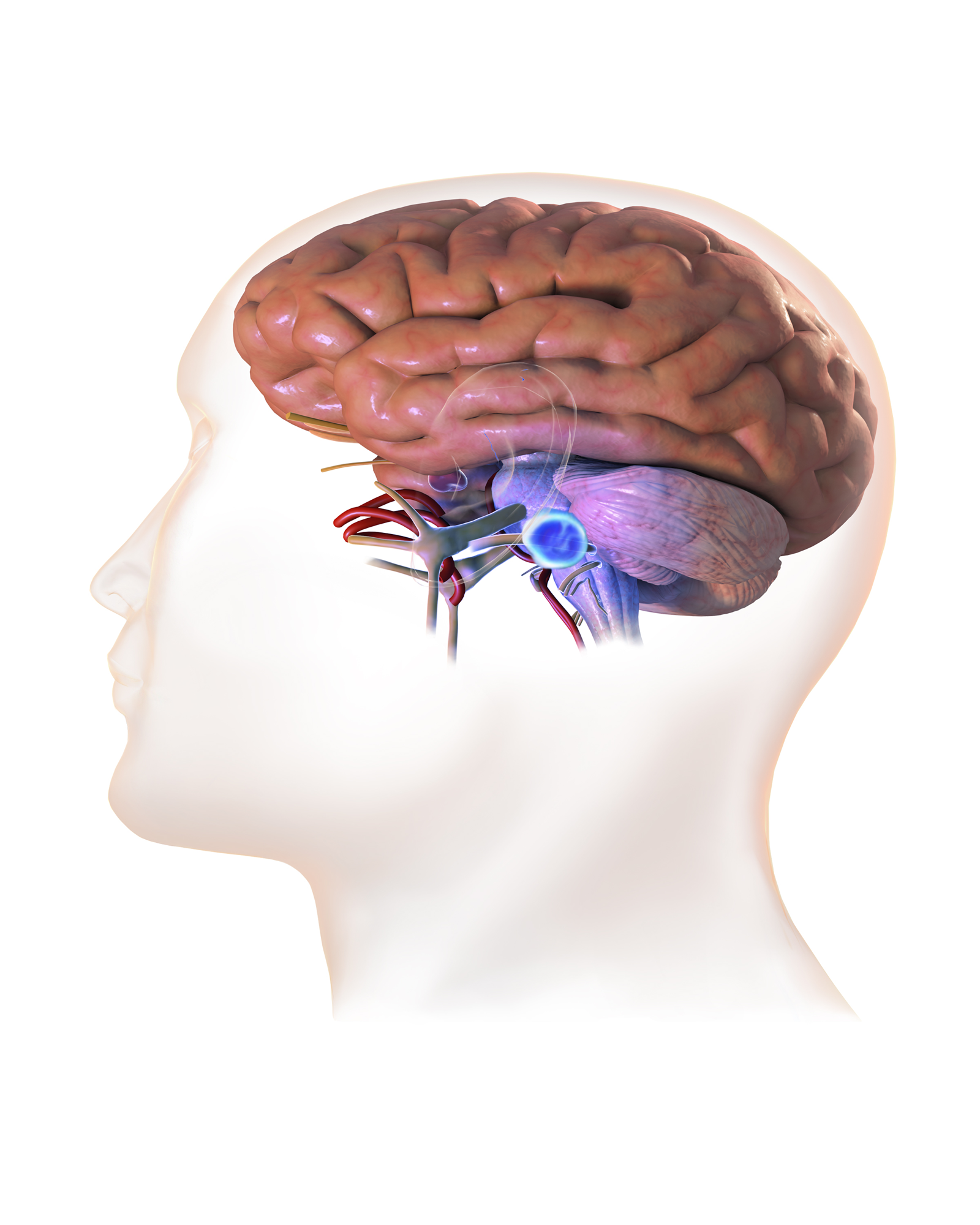
Training your brain: Vestibular rehab for acoustic neuroma
Dizziness, vertigo, and balance problems are common symptoms of vestibular schwannoma, also known as acoustic neuroma. Watch Elizabeth Crawford’s presentation for the Acoustic Neuroma Association of Canada on the role of vestibular physiotherapy in the treatment of vestibular symptoms due to acoustic neuroma.
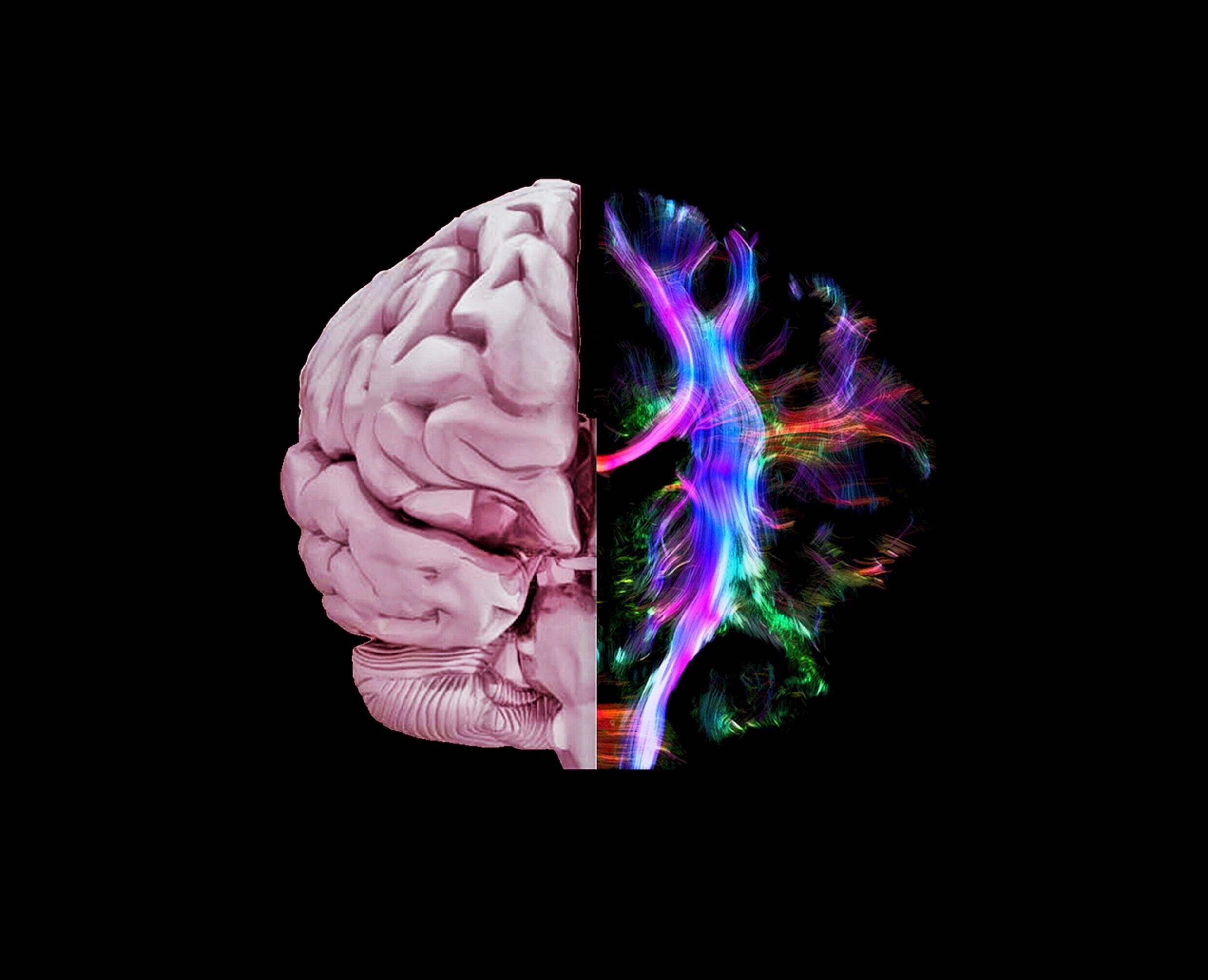
Persistent dizziness & imbalance after concussion / mild traumatic brain injury
Dizziness, vertigo, and balance problems are common symptoms after mild traumatic brain injury. Watch Shaleen Sulway’s presentation for the Canadian Concussion Centre on the role of vestibular physiotherapy in the treatment of persistent dizziness after concussion.

Why we use infrared goggles to assess and treat vertigo
Learn more about why we use infrared video goggles in our comprehensive vestibular evaluations.
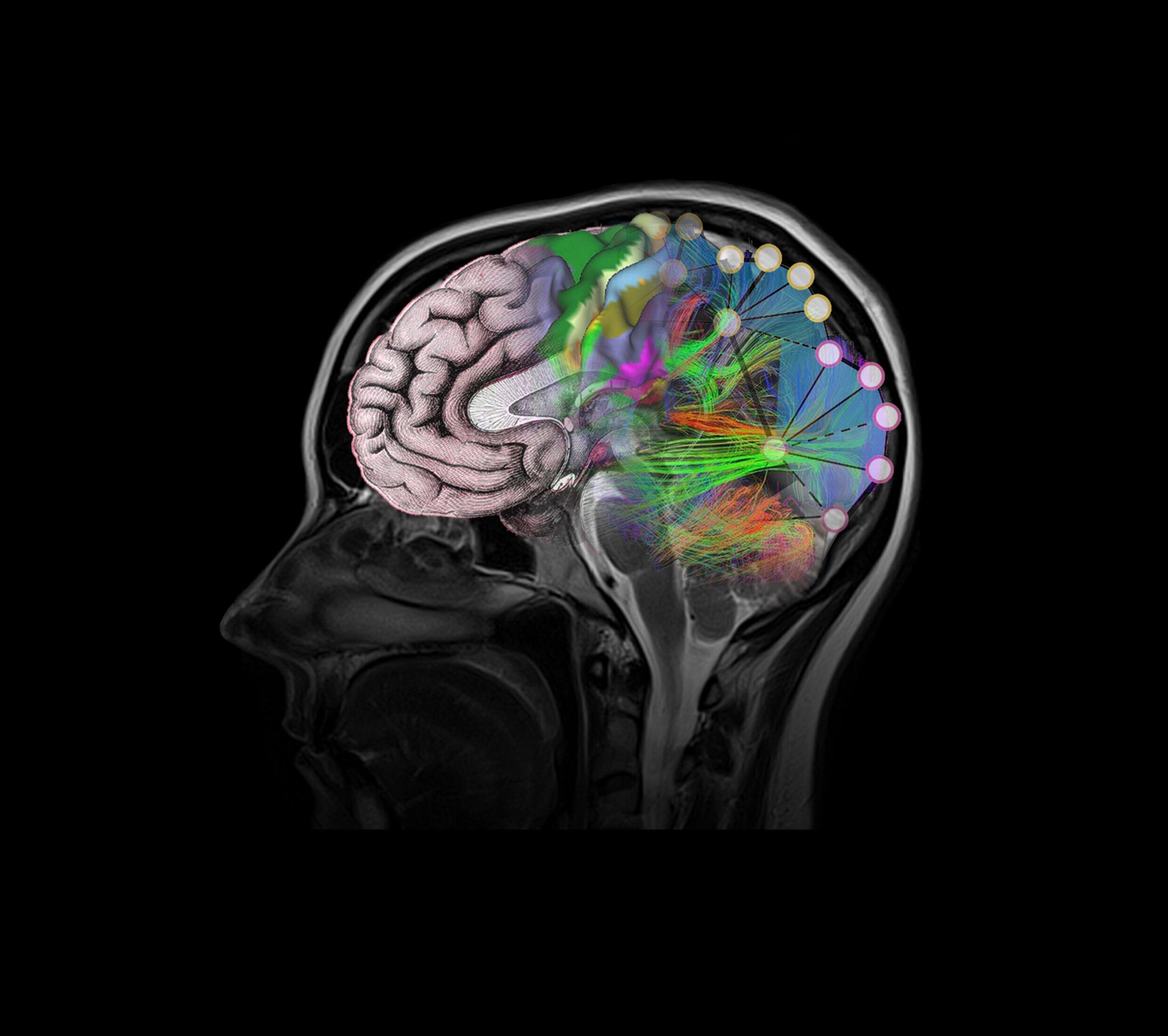
Vestibular rehab for post-concussion dizziness, vertigo, and balance problems
Dizziness, vertigo, and balance problems are common symptoms after head injury. Watch Shaleen Sulway’s presentation from the Concussion Research Symposium on the role of vestibular physiotherapy in treating post-concussion/mTBI symptoms.

Rare vestibular conditions: Vestibular schwannoma (acoustic neuroma)
Vestibular schwannoma or acoustic neuroma is a benign tumor of the cerebellopontine angle. Symptoms include unilateral hearing loss, tinnitus, dizziness, and balance problems. Vestibular rehabilitation can help improve dizziness and imbalance both before and after surgery or radiation treatment.
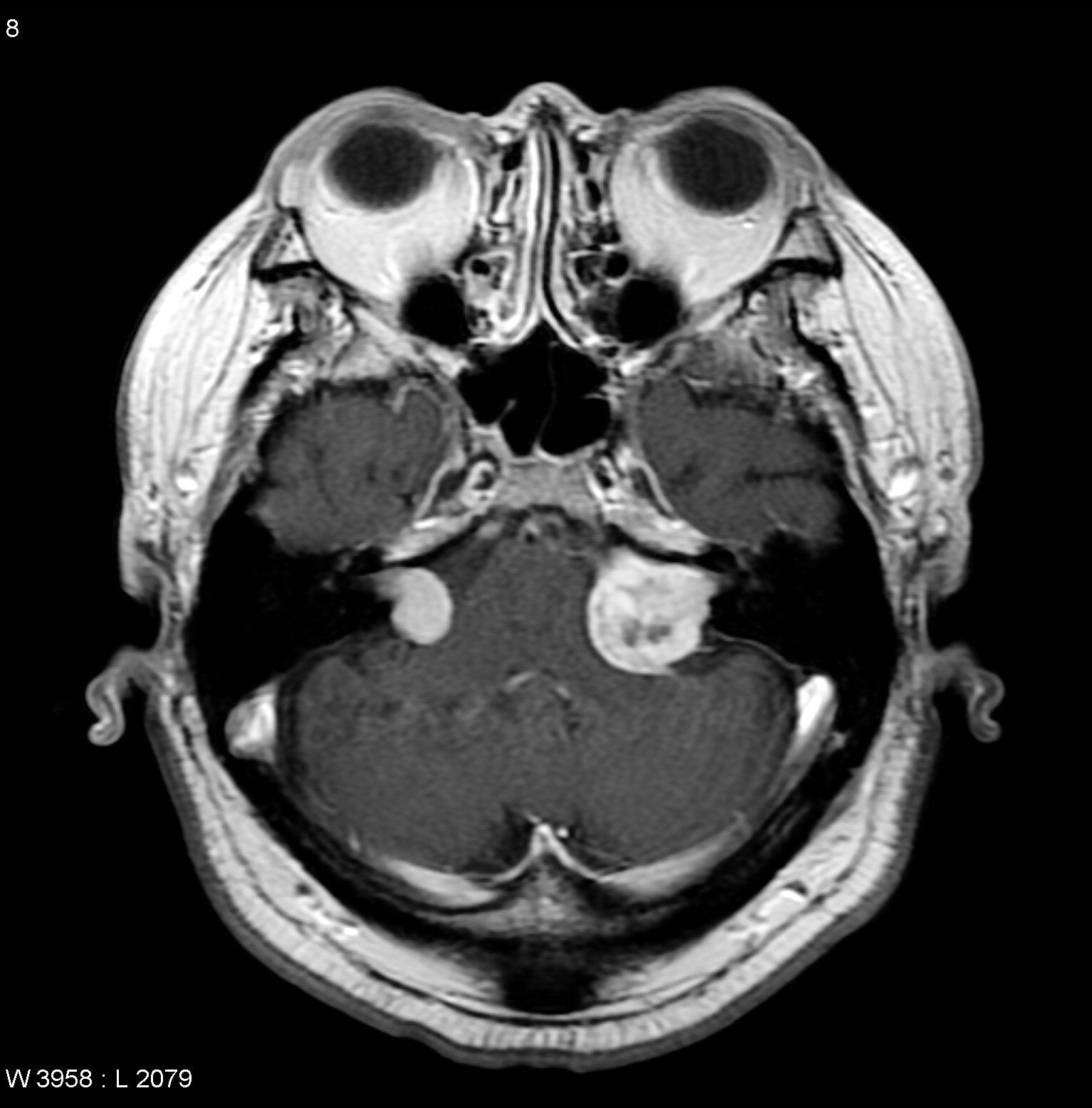
Rare vestibular conditions: Neurofibromatosis type II
Neurofibromatosis type II (NF2) is a rare genetic disorder that causes problems with balance and walking due to benign tumours on the nerve of the inner ear (bilateral acoustic neuromas). Symptoms include problems with balance, difficulties walking, dizziness, tinnitus, hearing loss, and facial weakness. Vestibular rehab physiotherapy for NF2 can help improve balance and mobility.
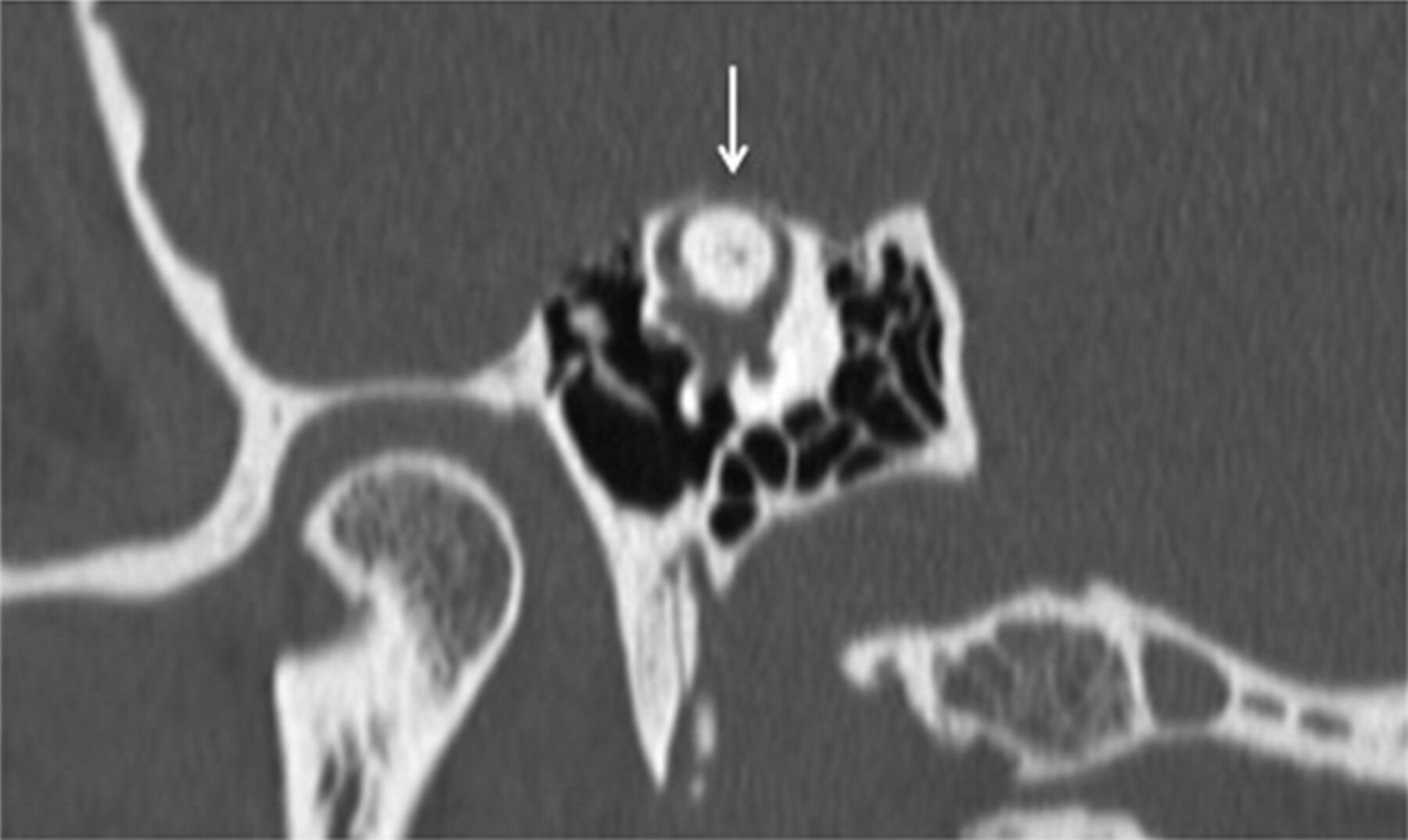
Rare vestibular conditions: Superior semicircular canal dehiscence
Superior semicircular canal dehiscence (SSCD or SCD) is a rare inner ear disorder, caused by thin or absent bone over the superior semicircular canal of the vestibular system. Symptoms can be very disabling and include vertigo triggered by loud sounds or changes in pressure, pulsatile tinnitus, hearing your eyes move, and hearing your own voice and body sounds too loudly.

Falls and the vestibular system
Falls are a leading cause of injury, and people with inner ear problems are at much higher risk. Standard falls prevention programs often overlook the vestibular system, even though vestibular problems are very common in seniors who have fallen. Vestibular rehabilitation physiotherapy provides comprehensive evaluation and effective treatment.
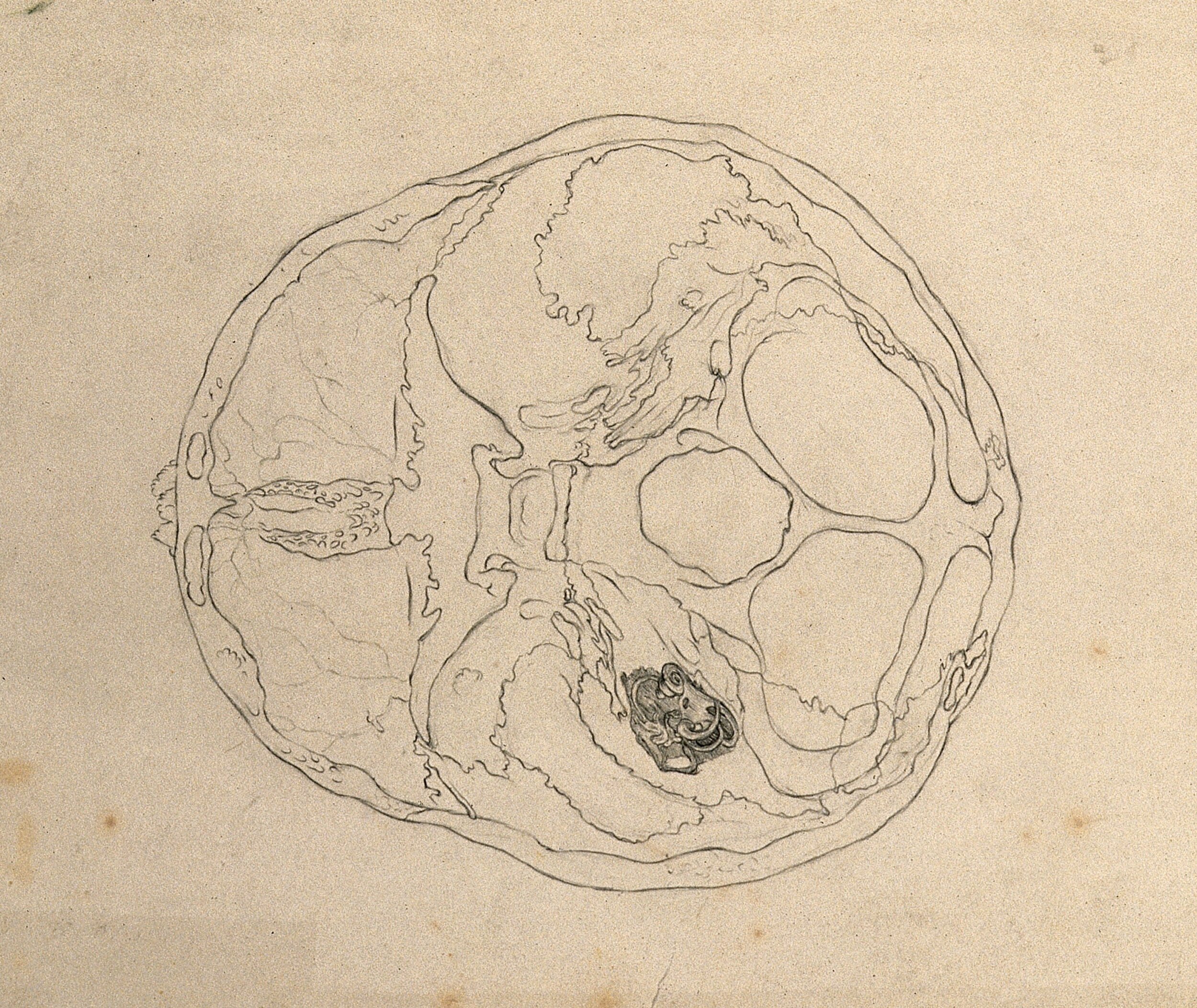
7 facts about the inner ear
Seven interesting facts about the inner ear, symptoms of vestibular problems, and how vestibular rehabilitation physiotherapy can help.

How can I improve my balance?
Learn how your balance systems work to keep you upright and steady, what happens when something goes wrong, how to prevent falls, and how to improve your balance.

Dizziness from my ear?
Our ears are used for hearing, but they are also essential for balance. Our inner ear is located deep in our skull and includes the vestibular system. If you have problems in these balance organs, you may experience dizziness, difficulties with balance, or problems seeing the world clearly when you are moving.

Online vestibular rehabilitation with virtual care video appointments
Get expert vestibular rehab from anywhere! Virtual care uses technology to provide real-time health care at a distance through online video appointments. With vestibular rehabilitation by virtual care you get quality physiotherapy assessment and treatment from your own home.
